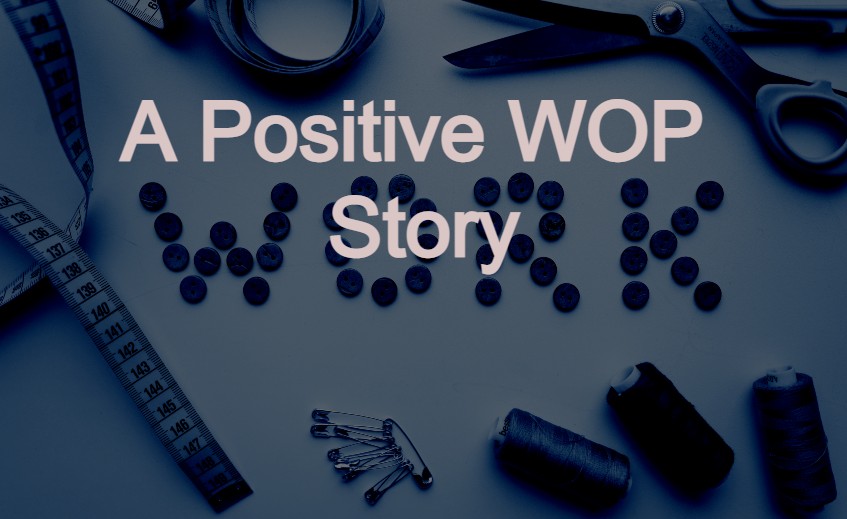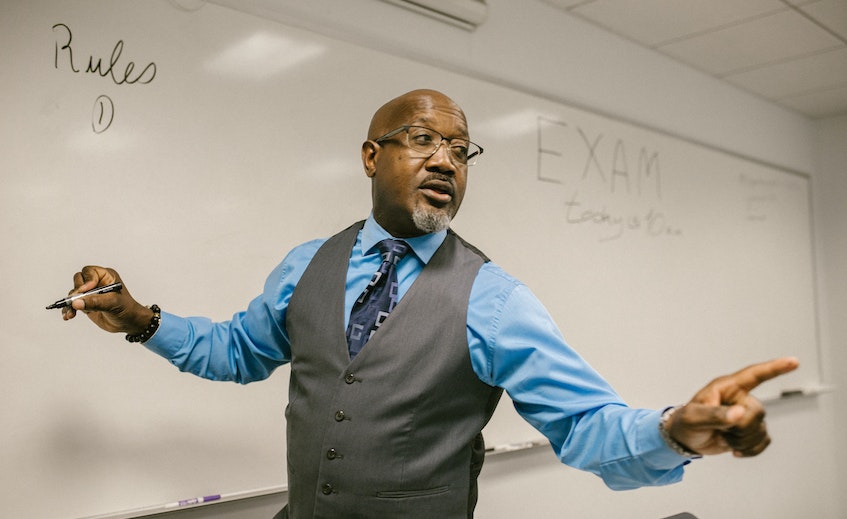
How Relevant is the Field?
January 17, 2018"Definitions of good research are often imposed top-down, but it is about time that academics start to formulate their own understandings of what good research is."
Scholars are generally excellent in analyzing the problematic features in any particular phenomenon and discerning the critical elements in theory, policy and practice. Contributions to the forum on the Future of Work and Organizational Psychology also contain such analyses, and also build upon a variety of contributions by scholars in the field and other disciplines who have done excellent jobs in formulating the dismal state of contemporary social sciences. However, critiquing for the sake of critiquing is pointless, and does not lead to anything without an attempt to formulate alternatives. This is understandable as there is generally more consensus regarding the nature of problems than the nature of solutions, and proposing solutions is a risky path to thread; a scholar can be accused of idealism, activism, utopianism, unrealism, politicization of science, pragmatism, or worst of all, not being a scientist anymore. Yet, if science and scientific research aim for some form of progress, we cannot escape the necessity of postulating alternatives, visions, and solutions to the unsustainability of the contemporary system. Hence, we need positive stories about how academia can be changed from within, how academics can contribute positively to scientific progress, and the current piece aims to formulate one scenario.
Definitions of good research are often imposed top-down, but it is about time that academics start to formulate their own understandings of what good research is. While this may differ from individual to individual, a shared understanding will contribute to a better perspective among academics about what is needed, what is desirable, and what is important to do in relation to research. Too often, research has been formed on the basis of potential to publish in top-tier journals as the ultimate outcome of research, without taking into account whether this research is also ‘good’. Good research is not just about following the most up-to-date methodological recommendations, but about the ability to raise and investigate questions that are relevant in the context of contemporary society. Yet, it is impossible to present a definition of good research that may inform an understanding of what it is and what it isn’t – it is only in the context of a situation that we can decide what the actual ‘right’ thing to do is. Hence, we need true democracy in academia – not the pseudo-democracy where academics have the chance to be ‘consulted’, like a prisoner on death-row who may choose his final meal, but a true democracy, aimed at consensus and always originating from the bottom of the classical pyramid (which in itself concerns an unsustainable concept). Teams of academics can debate and discuss what good research is, what needs to be done, what needs to be achieved, and what they aim for in their work. Trusting the professional autonomy of scholars, it is not needed to implement extensive bureaucracy to control and monitor progress, but this valuable attention being wasted in bureaucracies can be better used to truly support and facilitate academics in doing the work that needs to be done. Good research thus follows the bottom-up process of defining what needs to be done, and within teams, academics can decide how work is distributed – instead of a system where everybody has to excel in everything (publishing, grant income, impact, teaching etc.), a team-approach allows for distribution of work in line with individual strengths and needs. Individuals are thus no longer monitored in terms of the output they produce, but valued in terms of the contribution that they can make given their capabilities, always taking into account the personal situation of an individual, such as work obligations, needs, home situation, and personal capabilities. While burnout in academia is symptomatic of a system which is no longer working, the system itself needs to be changed, and therefore, a personalized, individual approach towards every academic is needed to prevent burnout rather than trying to manage it.
There are many challenges which are present in the contemporary workplace, including inequality, insecurity, wars, climate change, and enforced mobility of all the people leaving their countries for better opportunities elsewhere. The list of challenges is endless, and it is unbelievable how WOP-research has hardly addressed any of these. A definition of what good research is, will also take into account the global challenges that humanity faces. Much more needs to be done, in particular by WOP-scholars. This requires an alternation between what is relevant in society and what is fundamental in our research, and in particular how these interact. Teams of academics have to sit together, raise these issues, and start thinking of how these can be investigated within WOP, and how they contribute to these questions. All societal challenges are ultimately experienced on an individual level, and that is why WOP-research is more needed than ever; research can show how these dynamics manifest as well as the role of individuals in eliciting positive changes.
These questions and challenges not only pertain to academics and the world of academics, but extend beyond that, and includes our students and society. Due to rising bureaucracy and hyper-specialization, research and teaching have become two completely separated domains. An enthusiastic scholar may use some of her/his research in teaching, but this is merely aimed at pretending a connection between the two areas, and to be able to claim to be a research-led university. At a much more fundamental level, the separation of research and teaching needs to be wiped out completely. University curricula (especially in business schools) have become too theoretical to present students with useful information before entering the ‘real world’, and too practical to have real understanding of what a scientific question really is about. This is largely because curricula draw from the wrong sources – students, just as scholars and practitioners, need theoretical understanding to be able to ask critical questions and reflect in a truly meaningful way upon practices in society, and they should have a practical understanding that enables them to see everything happening in the real world with the understanding of social practices, and with the ability to reflect on them without conforming to dominant norms and practices. This aim is similar to that of research, and by building up completely isolated curricula, students are never integrated into the primary role of universities: to form an institution of learning which critically reflects on society from a position of independence, whilst utilizing methods of scientific inquiry. Students need to be part of the research that is conducted by academics, just as communities, councils, non-governmental organizations and various other parties need to be part of the work of academics – not in a way where society dictates what needs to be researched, but where there is ongoing connections between universities and society, and where universities can enact their role as independent institutions.
Students need to be part of this, as they themselves may either pursue academic careers, or more importantly, have to be able to adopt a critical stance when entering the world outside academia. This process is only marginally present in many curricula – as many Master theses that I have had to mark in the past show this lack in true criticality – and concerns the inability of students to truly engage in critical reflection. To understand is to be part of something, and to engage in the effort yourself is a task that is not merely belonging to academics, but also to others.
As in many other sectors which have been (partly) privatized, the university sector struggles under the burden of bureaucracy which would make a Soviet apparatchik look pale. Control and monitoring has replaced trust and professionalism, and a positive story about WOP-research has no place for bureaucracy. Bureaucracy aims for fairness and equal treatment, but neglects the need for a dignified treatment, which is not about treating everybody equally, but with the dignity of each person. As all people differ from each other and are unique, they have their own strengths, needs, wishes, personalities, desires, fantasies, and capabilities. Viable and sustainable universities can only exist when there is the space for individuals to thrive and flourish, and this means to take into account the dignity of each individual. Monitoring, forms, control and bureaucracy never suffice to enforce dignity – instead they may give the false illusion that dignity is respected as long as the numbers indicate doing so. Using workplace democracy and trust as principle, universities may be transformed from the bottom to the top, and inspire discussions and debate concerning what constitutes good research, and how students can best be taught in a way that they are enriched through their education and responsible citizens. All needs to be done, yet first steps are being taken.
Matthijs Bal




